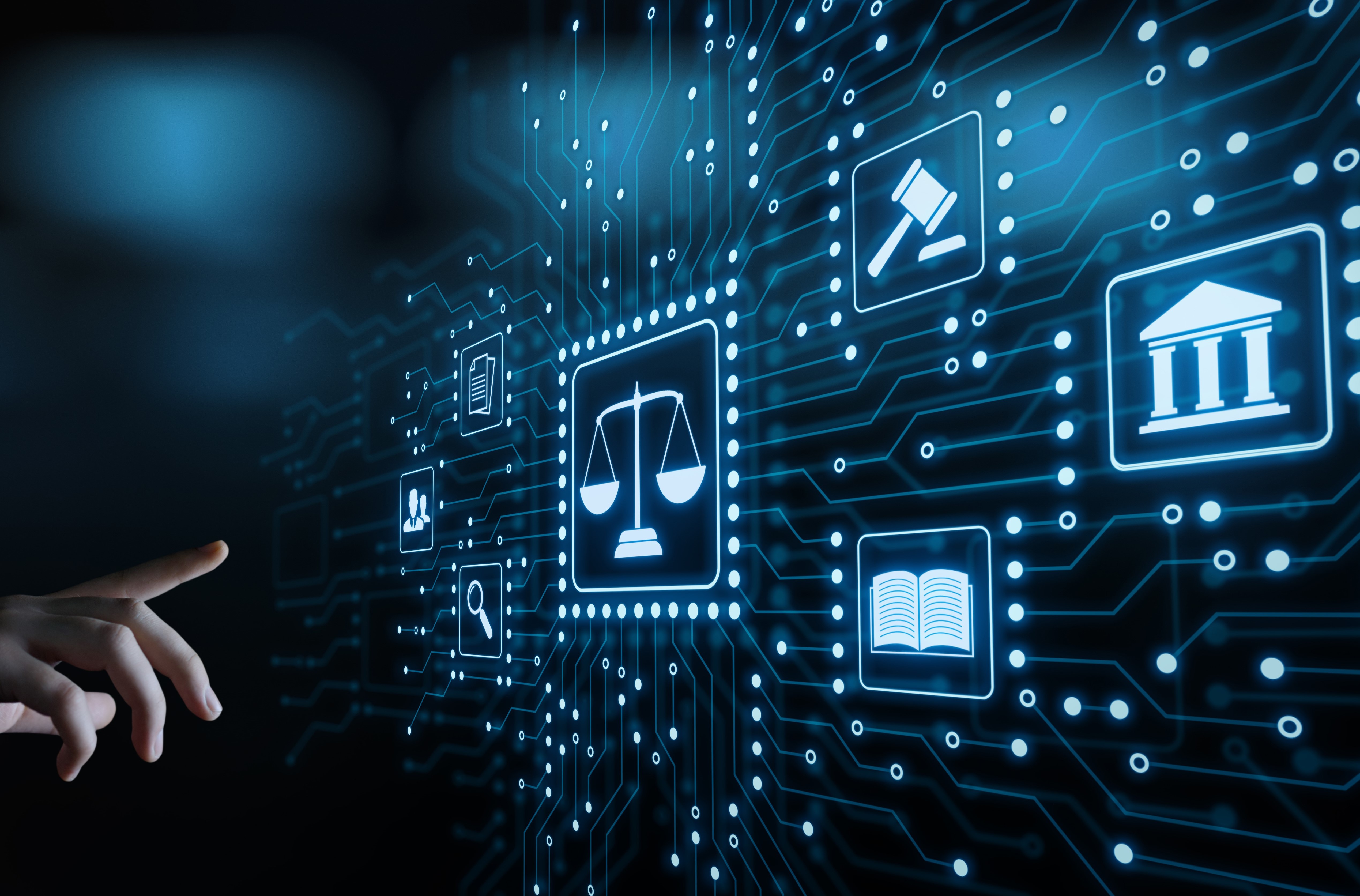 Project Steno, founded in 2017, is an independent, non-affiliated organization that relies on financial support from the court reporting community to promote the stenographic reporting profession and recruit promising students.
Project Steno, founded in 2017, is an independent, non-affiliated organization that relies on financial support from the court reporting community to promote the stenographic reporting profession and recruit promising students.
Project Steno has a free, online, 12-hour course offering potential students an introduction to court reporting and captioning. All of this without having to make a financial commitment. Project Steno even provides a steno machine for the student’s use while in Basic Training.
The textbook and all training materials are provided to the prospects at no charge. Guest speakers will come to each two-hour session and explain the various professions to those who achieve the necessary stenographic skills.
The program allows prospective students to decide whether this is the right path for them. And with that, helping to save thousands of dollars in tuition and course fees should they discover it is not the right fit.
School data shows that 66% of students who start it, complete the 12-hour course, and 44% of those that complete enroll in court reporting school.
But it is a difficult course. It is very much like learning an instrument or a foreign language. This means that it can typically be a two-year program. Once enrolled, students are offered incentive-based merit awards (two at $1,000 each), as well as being mentored and encouraged along the journey to graduation and in their start as a new professional in our field.
Graduates are very necessary. As we have highlighted before, the industry is hurting for stenographers. Without graduates from this court reporting program, the community will be unable to staff courtrooms, putting at risk one’s right to appeal his/her/their verdict with a verbatim transcript of the testimony and arguments presented in trial.
Without graduates from the captioning programs, vital live events such as the news and sports will not be accessible to those members of our community who need them most: deaf and hard of hearing people.
If you need court reporting services (with a little more experience than Lumsden) that handle digital recoding then CourtScribes.com which supports all states and programs that aid in the court reporting world are ready to serve you in your court reporting, videography services, interpreters, live-streaming, and video-to-text synchronization.
Although the majority of cities that offer CourtScribes’ services are in Florida, the company home base, other cities all across these United States that CourtScribes offers services in, are the following: Jacksonville, Miami, Tampa, Port St. Lucie, Fort Lauderdale, Cape Coral, Coral Springs, Clearwater, Palm Bay, Fort Myers, Weston, Sarasota, Orlando, St. Petersburg, Hialeah, Stuart, Hollywood, Naples, West Palm Beach, Boca Raton, Deerfield Beach, Jupiter, Key West, Coral Gables, Maryland, Manhattan, Buffalo, Washington DC, Baltimore, Bowie, Virginia, Frederick, Albany, New York, Brooklyn, Westchester, Gaithersberg, and Rockville.

 Much like in the US, the UK justice system has also had to adapt to virtual settings (like Zoom meetings) throughout the pandemic. But it is not just lawyers and judges who have felt these perils. Court reporters have also experienced a period of adjustment.
Much like in the US, the UK justice system has also had to adapt to virtual settings (like Zoom meetings) throughout the pandemic. But it is not just lawyers and judges who have felt these perils. Court reporters have also experienced a period of adjustment. We have all seen that person in the courtroom typing away superfast on something that “kinda looks like a typewriter”. They are typing away because they are taking down all of the information to create a record of the events in that courtroom. And while that is not a typewriter they are typing on, it is actually called a stenotype. It is also known as a shorthand machine, steno writer, or chorded keyboard. And what that stenotype is doing, is recording in shorthand.
We have all seen that person in the courtroom typing away superfast on something that “kinda looks like a typewriter”. They are typing away because they are taking down all of the information to create a record of the events in that courtroom. And while that is not a typewriter they are typing on, it is actually called a stenotype. It is also known as a shorthand machine, steno writer, or chorded keyboard. And what that stenotype is doing, is recording in shorthand.